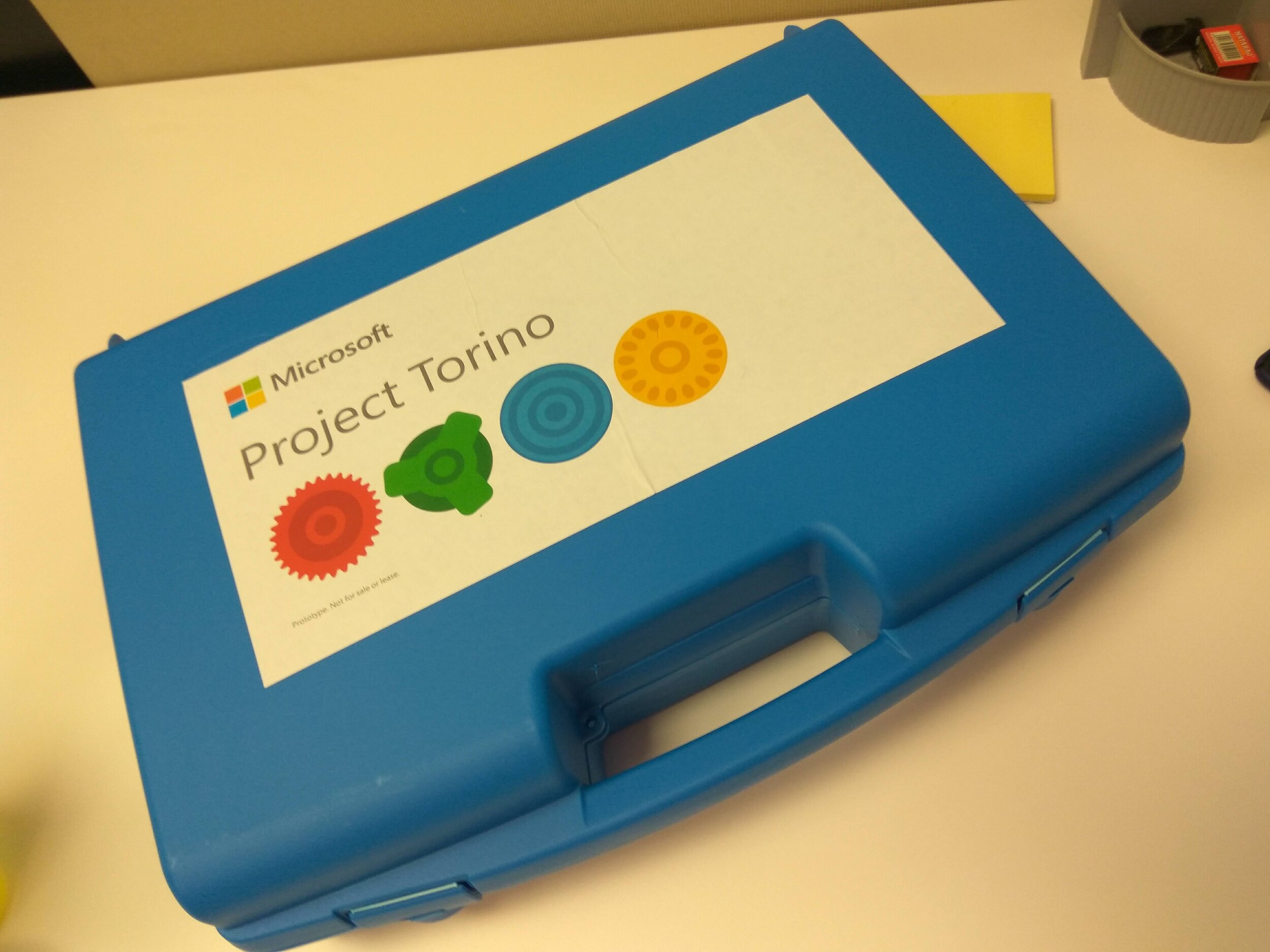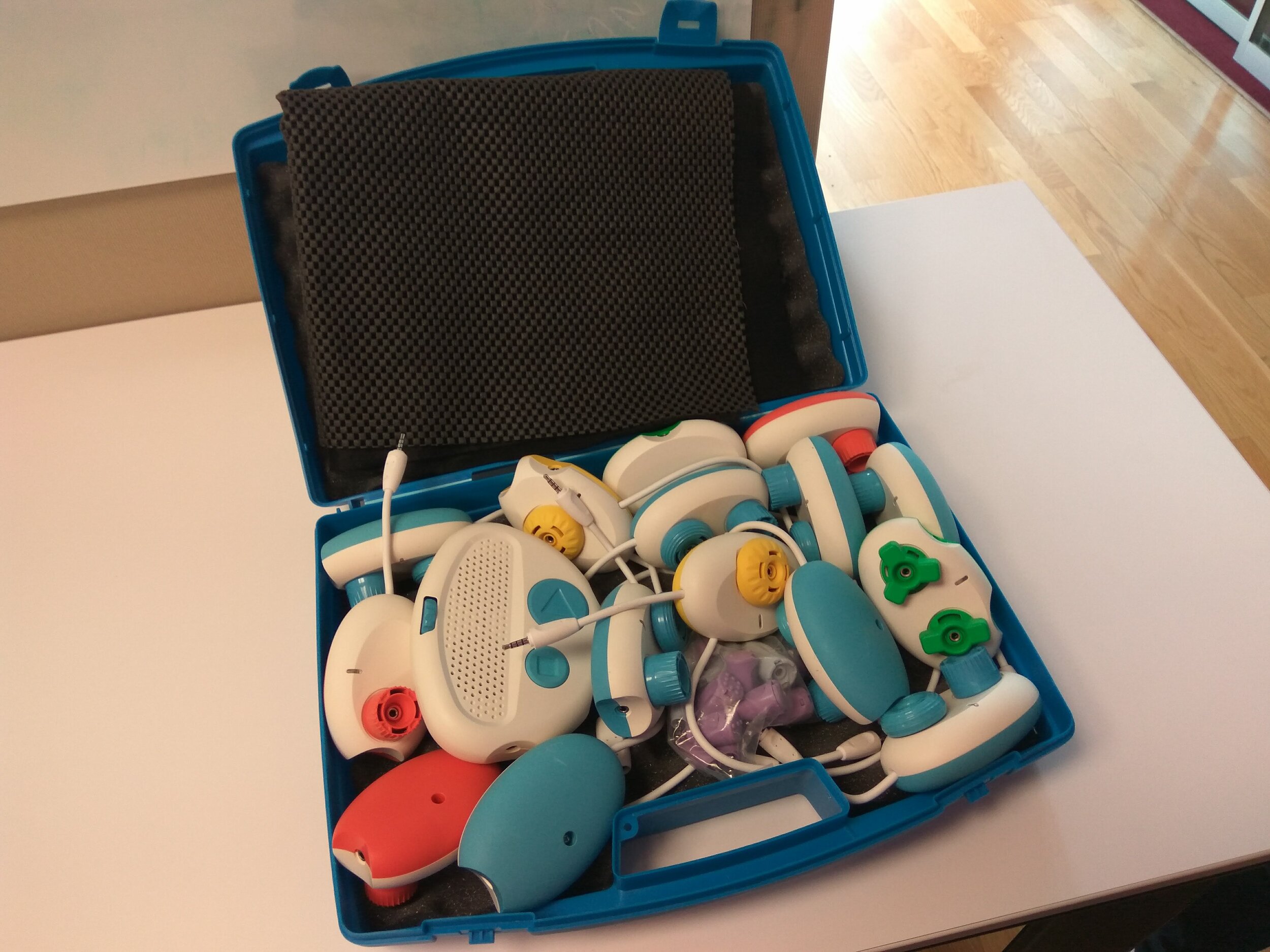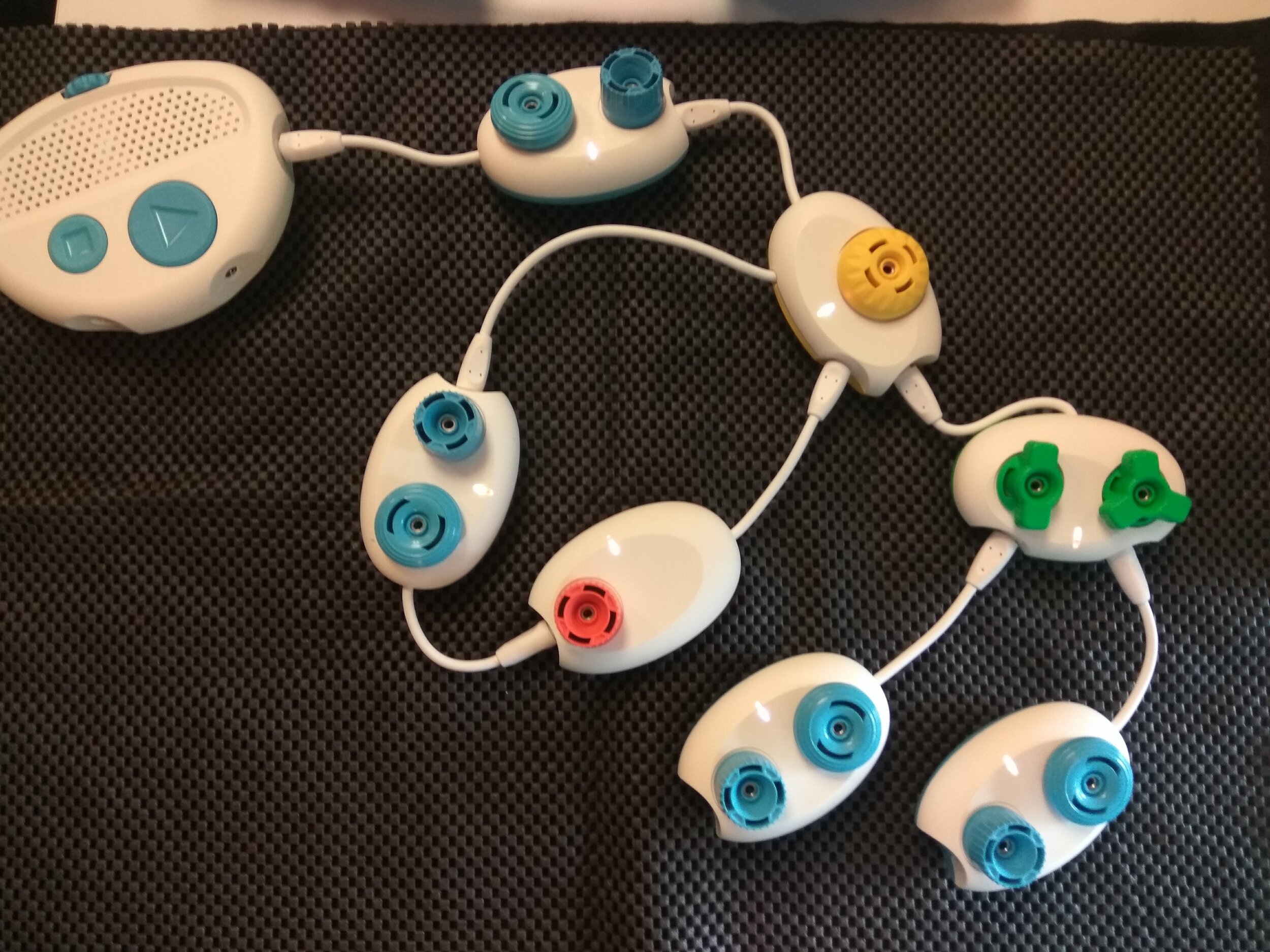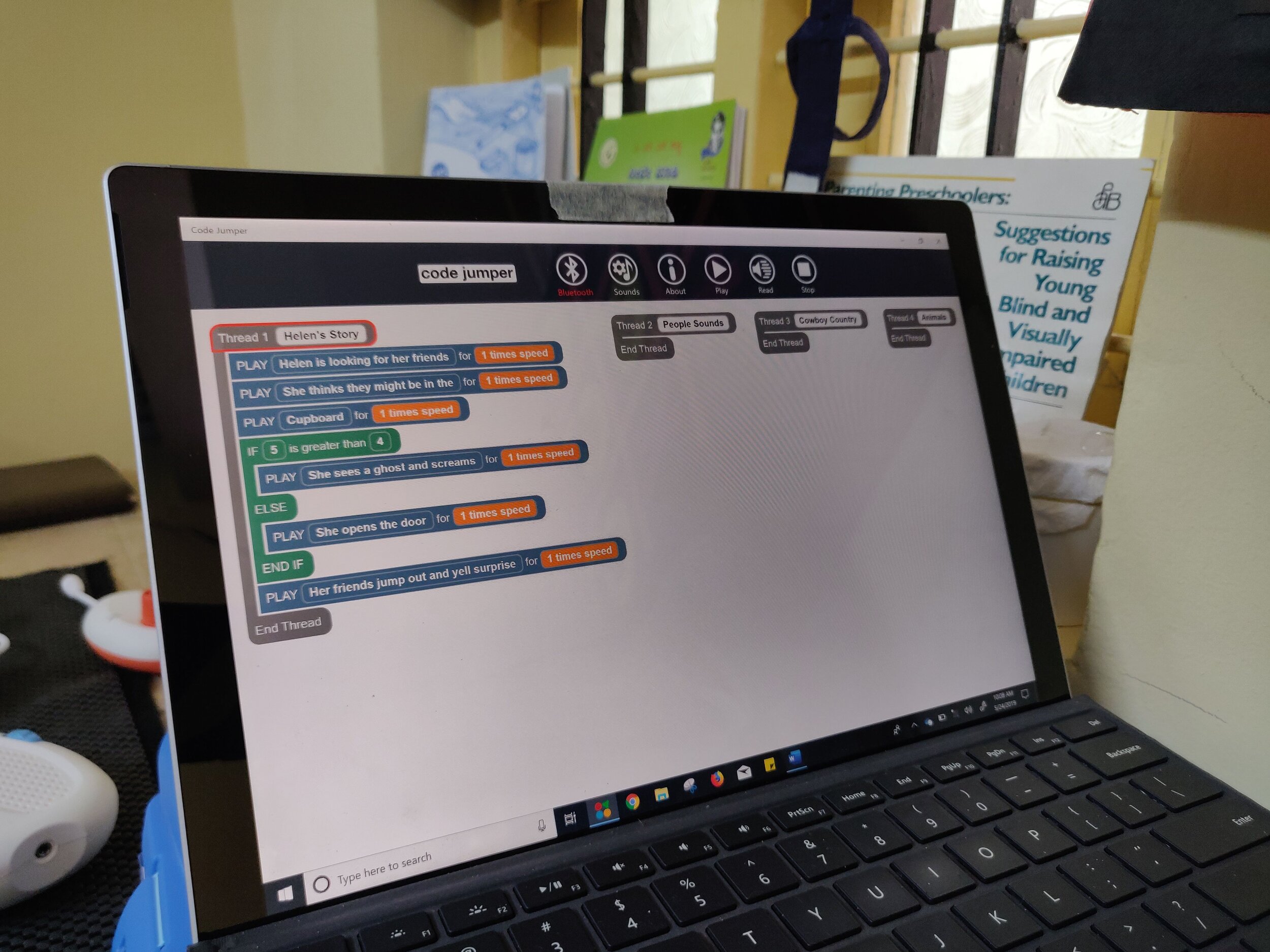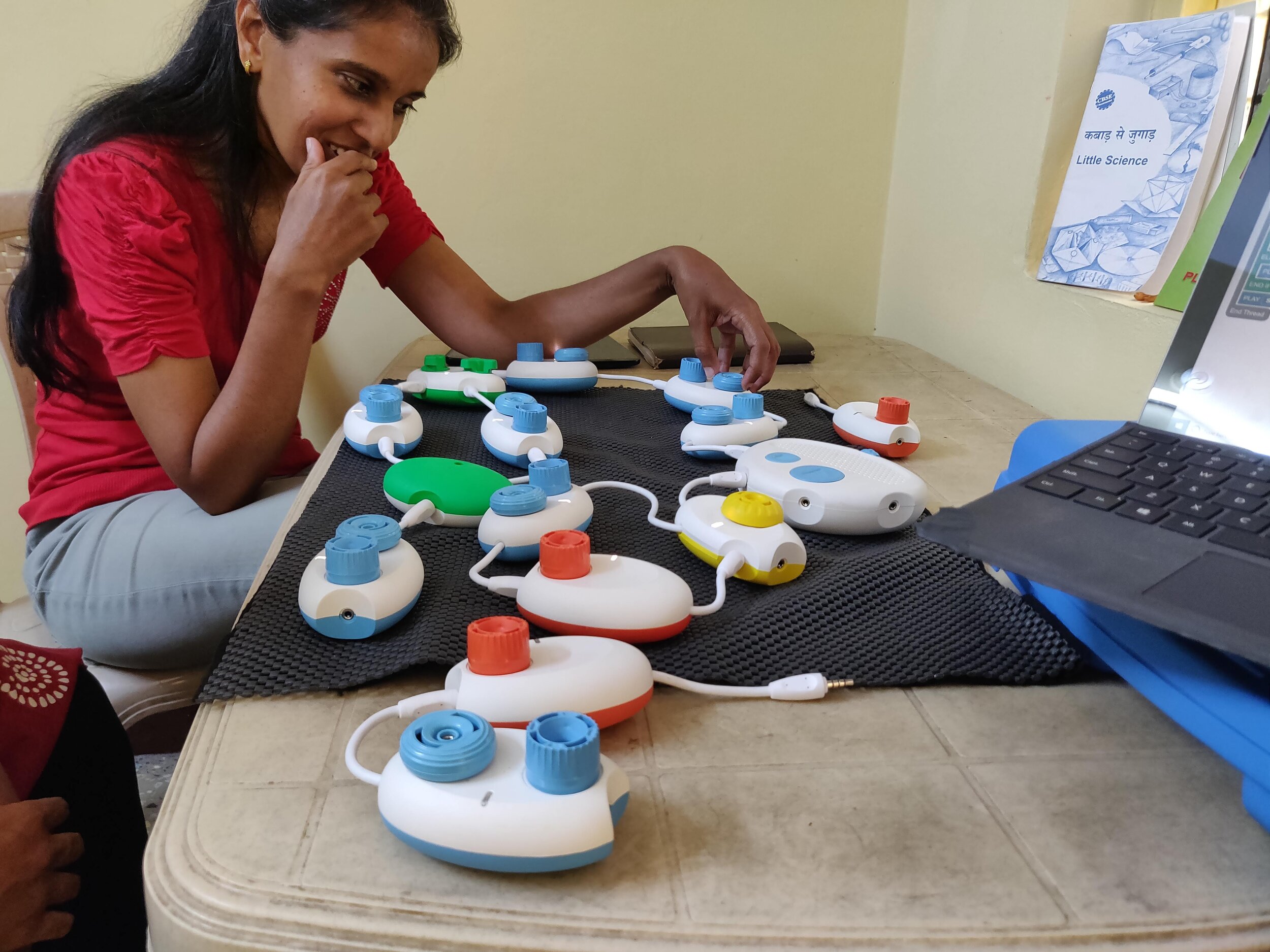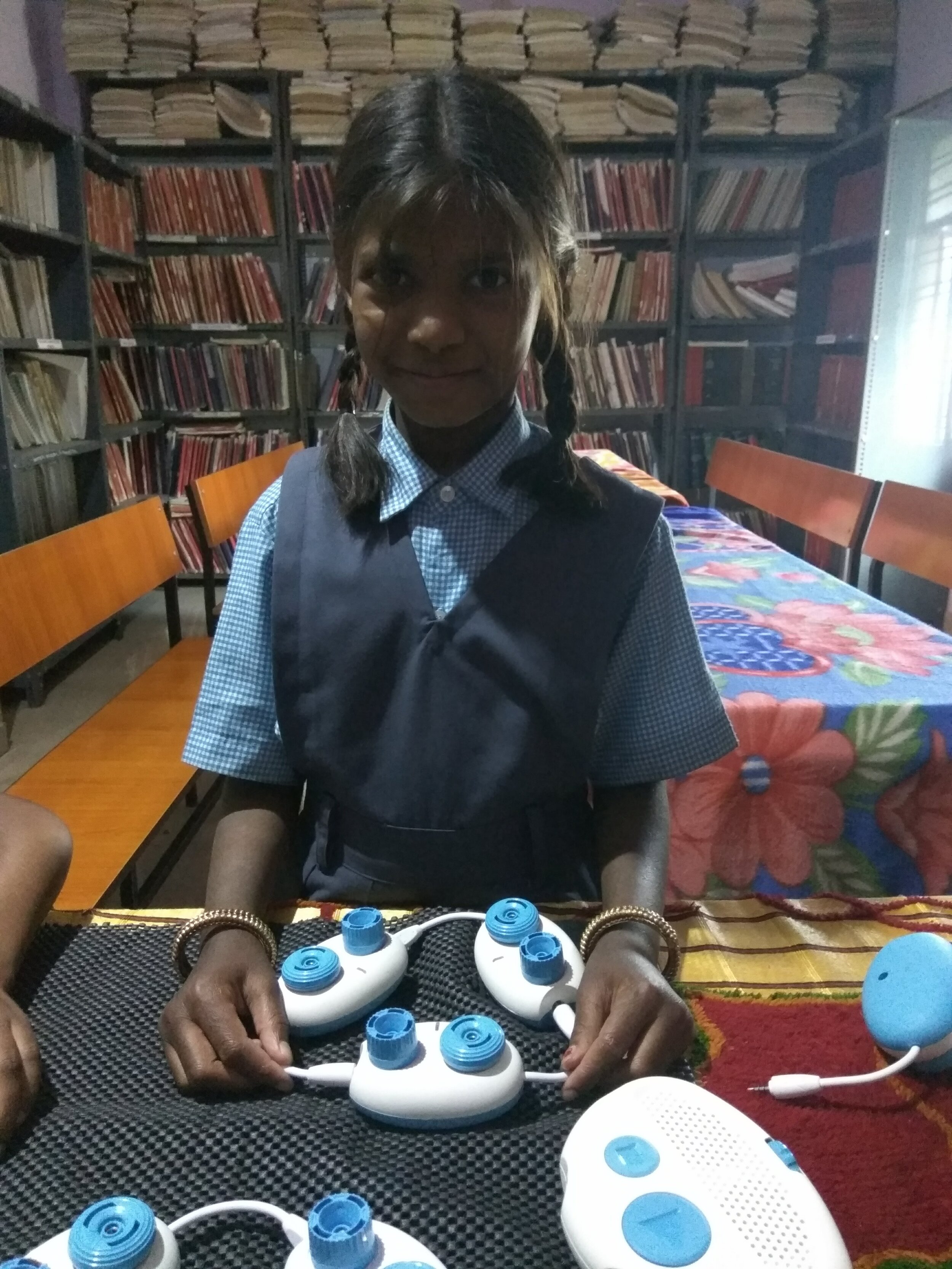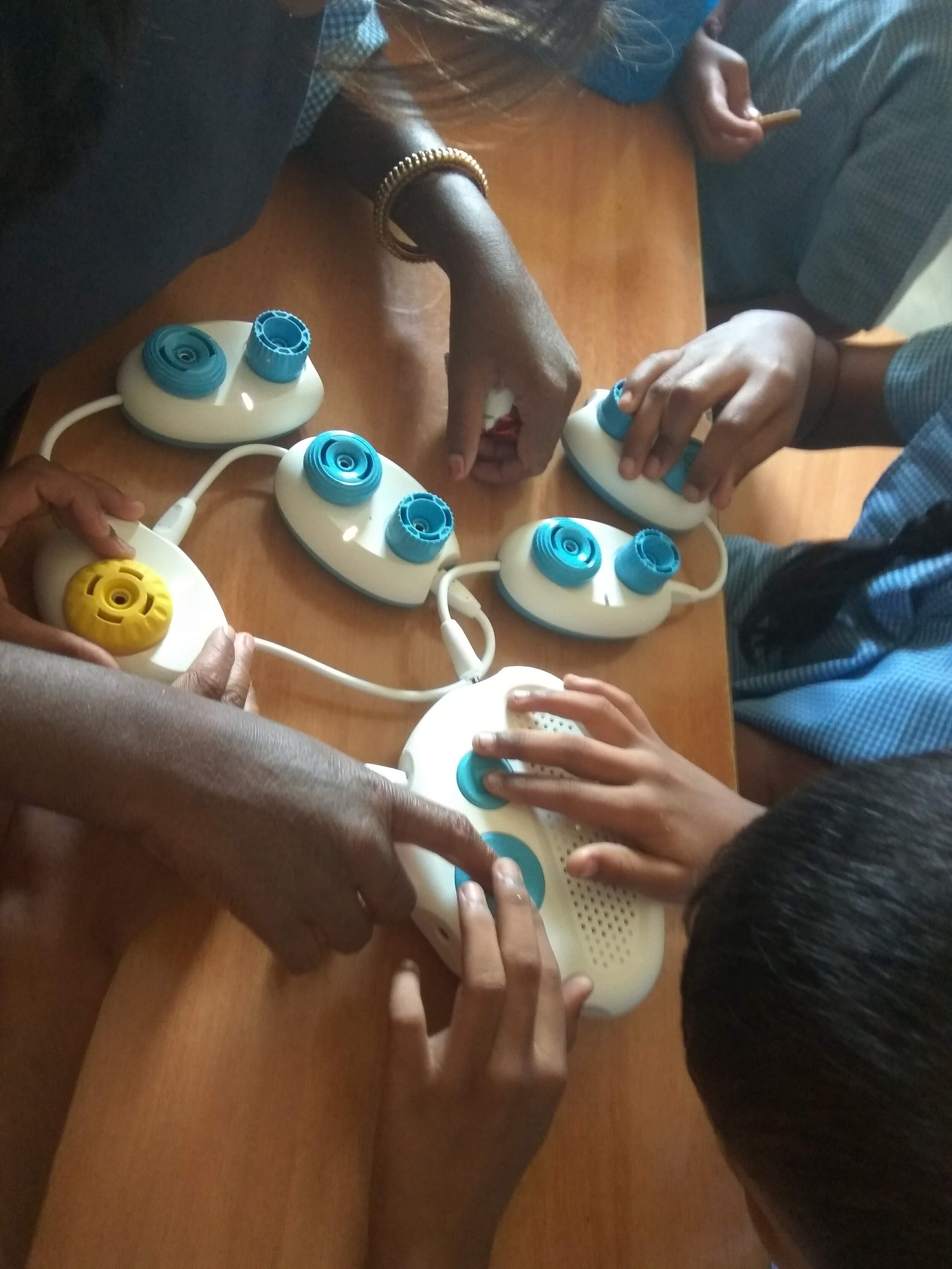Computational Thinking
Learning Computational Thinking Skills
The other side of being a digital citizen is to be comfortable and gain competence in Computational thinking, a skill as important as reading, writing and arithmetic since computing pervades every aspect of our everyday lives and will be even more pervasive as we move into the future. Our project aims to introduce computational thinking and learning to children who are blind or low vision.
Examining the content of Grade 1 CT curriculum, the first theme is "Systematic Listing, counting and reasoning", the ability to deal with real world objects by listing them, counting them and reasoning about them. The very first lesson in grade 1 deals with the ability of children to count from 1 to 10 and to be able to count objects. The basic assumption is by the time the children come to grade 1, even if they have not been to pre-school or to KG classes of any kind, that they have some notion of numbers, that many have seen and know the way numbers are written and what each one is called. This and other assumptions about the sense of numbers that the child might have are most likely invalid in the case of children who are born blind or are become blind very early in life.
Our projects use varied toys and games to enhance numeracy for children who are blind.
Computational Thinking as Play: using Project Torino (CodeJumper) in schools for the blind.
Project Torino is a physical programming environment designed for teaching computational thinking to children in schools in the UK, regardless of the level of vision.
We introduced project Torino to children in three schools for the blind in Bangalore, India as a toy for playing with songs, rhymes, and stories. We found that children progressed from playing with pre-connected examples, to making changes, to actively participating in what items are played.Engaging the children in conversation while they played, we established that the teams had grasped three basic concepts of computational thinking–flow of control, variables, and loops without any explicit instructions towards learning them. We propose that play-based approaches can be successfully used with low resource overhead to introduce fundamental concepts of computational thinking. For more details see this paper.
Our next step is to introduce vision-impaired teachers to Torino so that more children under their care can be independently introduced to Torino.


